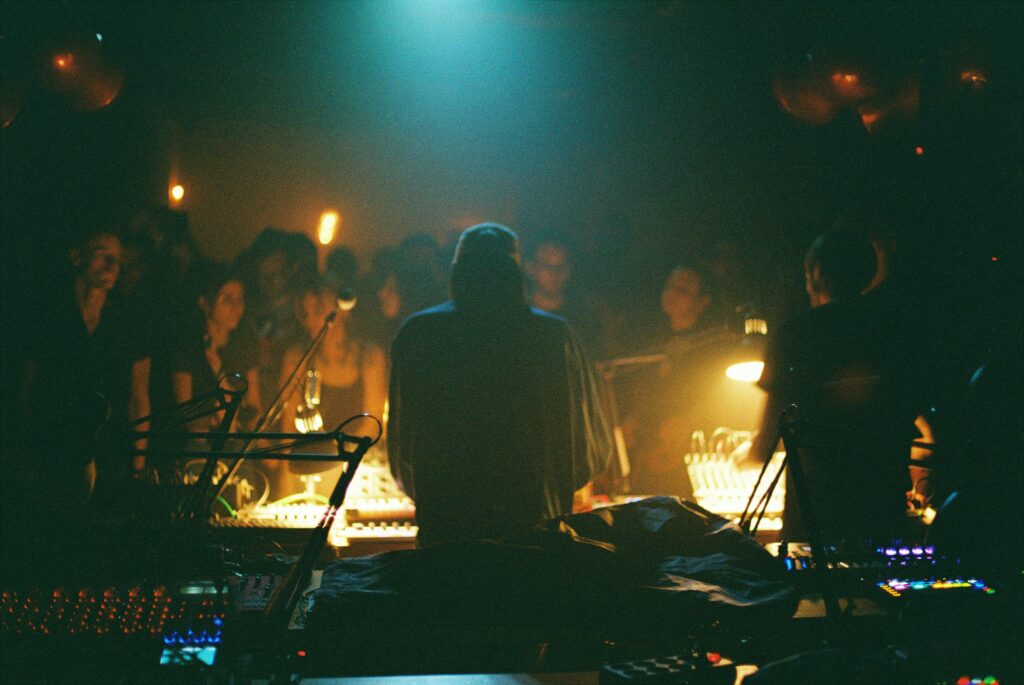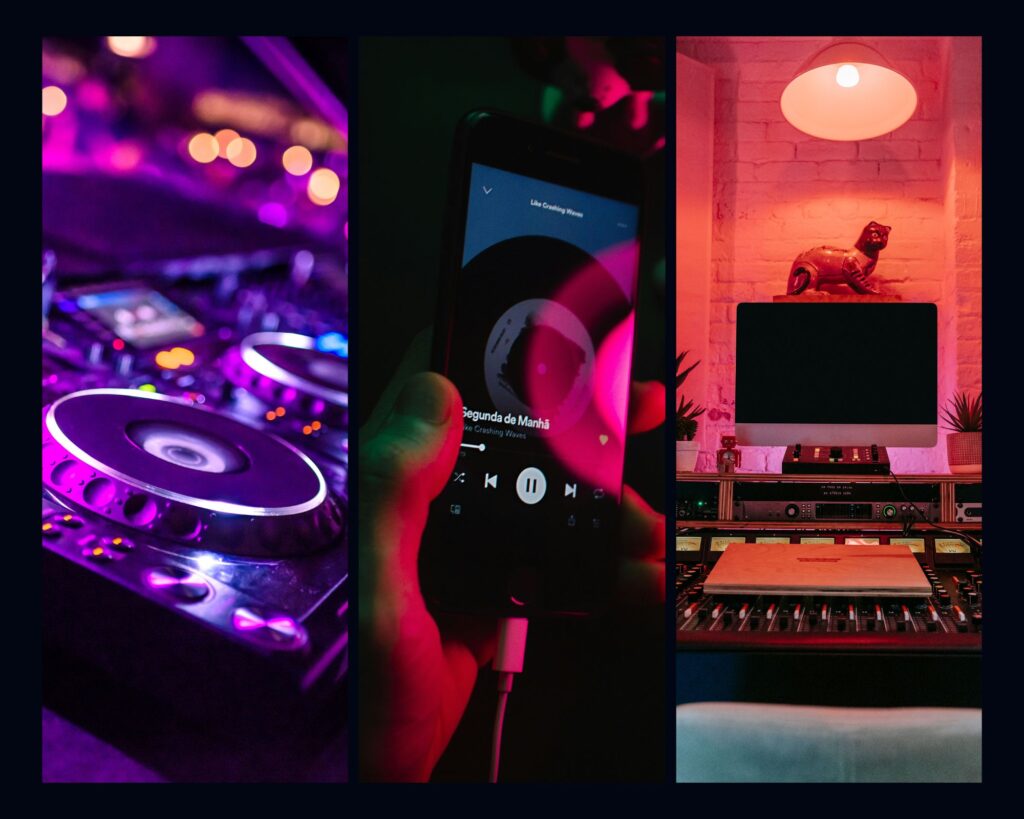7 Compelling Reasons Why DJs Use Ghost Producers

The world of electronic dance music (EDM) is dynamic and glamorous, with DJs captivating audiences at festivals, clubs, and online platforms. However, behind the high-energy performances and pulsating beats lies a lesser-known aspect of the industry: ghost production. For years, ghost producers have played a pivotal role in shaping the music we hear, but many listeners remain unaware of their contributions. This article dives deep into the reasons why DJs use ghost producers, the impact on the music industry, and the ethics surrounding this practice. What Is Ghost Production? Before exploring why DJs rely on ghost producers, it’s essential to understand the concept. Ghost production refers to a professional arrangement where a producer creates music anonymously for another artist, often for monetary compensation and no public credit. The purchasing DJ then releases the track under their name, branding it as their own creation. Ghost production is not exclusive to EDM but has become particularly prominent in this genre due to its high demand for fresh, club-ready tracks. In this arrangement, the ghost producer forfeits their rights to the music, allowing the DJ to claim full ownership and authorship. Reasons DJs Use Ghost Producers 1. Time Constraints Touring DJs often have packed schedules, performing at multiple venues across the globe, managing promotional appearances, and engaging with fans on social media. With limited time to dedicate to the studio, producing high-quality tracks becomes a challenge. Ghost producers help alleviate this burden by creating music on behalf of these artists, ensuring a steady flow of new releases. 2. Maintaining Relevance in a Competitive Industry The EDM scene is fiercely competitive, with new artists emerging daily. To maintain their spot in the spotlight, DJs need to consistently release fresh music. Ghost producers enable DJs to keep up with the demand for new tracks, ensuring they remain relevant in an ever-evolving industry. 3. Specialized Expertise Not all DJs are skilled producers, and that’s okay. Producing a polished track requires technical expertise, an ear for detail, and extensive knowledge of sound design, mixing, and mastering. Some DJs focus primarily on performance and rely on ghost producers to craft tracks that align with their brand and style. 4. Brand Expansion Many top-tier DJs expand their brands by venturing into different subgenres or collaborating with other artists. This expansion often requires a diverse music catalog. Ghost producers can adapt their skills to create tracks in various styles, helping DJs broaden their creative repertoire without needing to master every subgenre themselves. 5. High Pressure for Quality Fans and record labels expect top-tier production quality from established DJs. Creating tracks that meet professional standards takes time, effort, and talent. Ghost producers, often highly skilled professionals, deliver tracks that meet or exceed industry standards, allowing DJs to meet these expectations seamlessly. 6. Focus on Live Performances Performing live is at the core of a DJ’s career. Many DJs prioritize honing their performance skills, creating electrifying sets, and building connections with their audience. Outsourcing music production allows them to focus on delivering unforgettable live experiences. 7. Increased Revenue Streams Releasing original tracks opens doors to multiple revenue streams, including streaming royalties, licensing deals, and festival bookings. Ghost producers empower DJs to maximize these opportunities by ensuring they have a consistent catalog of tracks to monetize. The Benefits of Ghost Production While ghost production may seem controversial, it offers several advantages to both DJs and producers: For DJs: For Ghost Producers: Ethical Considerations The practice of ghost production is not without controversy. Critics argue that it’s deceptive for DJs to claim authorship of tracks they didn’t create. Fans often feel misled when they discover their favorite DJ didn’t produce their hit tracks. On the other hand, proponents argue that ghost production is a legitimate business arrangement. As long as all parties involved mutually agree on the terms, it’s simply another facet of the music industry. Many liken it to songwriting in pop music, where songwriters often create hits for well-known artists without receiving public recognition. To address ethical concerns, transparency is key. Some DJs openly acknowledge their use of ghost producers, framing it as a collaborative effort. This approach fosters trust with fans and normalizes the practice within the industry. The Role of Technology Advancements in music production software and tools have contributed to the rise of ghost production. With accessible digital audio workstations (DAWs) like Ableton Live, FL Studio, and Logic Pro, producers can create professional-grade music from anywhere in the world. This technological democratization has enabled a global network of talented ghost producers to thrive, offering their services to DJs worldwide. Platforms like “The Ghost Production” have further streamlined the process, acting as marketplaces where DJs can purchase ready-made tracks or hire producers for custom projects. These platforms ensure quality and confidentiality, making ghost production more accessible than ever. Famous DJs and Ghost Production Ghost production is more common than many fans realize, and several high-profile DJs have faced scrutiny or speculation about their use of ghost producers. While it’s challenging to confirm specific cases, the following examples illustrate the prevalence of ghost production in EDM: While these examples highlight the practice among top-tier DJs, ghost production is equally prevalent among emerging artists striving to establish themselves in the industry. The Future of Ghost Production As the EDM industry continues to evolve, ghost production is likely to grow in prominence. The demand for high-quality music shows no signs of slowing down, and the convenience of outsourcing production makes it an attractive option for many DJs. However, the rise of artificial intelligence (AI) in music production could disrupt the landscape. AI tools are becoming increasingly capable of generating tracks, potentially reducing the need for human ghost producers. While this technology presents new opportunities, it also raises questions about creativity, originality, and authenticity in music. Conclusion DJs use ghost producers for various reasons, including time constraints, the need to stay relevant, and the pursuit of high-quality music. While the practice has sparked ethical debates, it remains an integral part of the EDM

